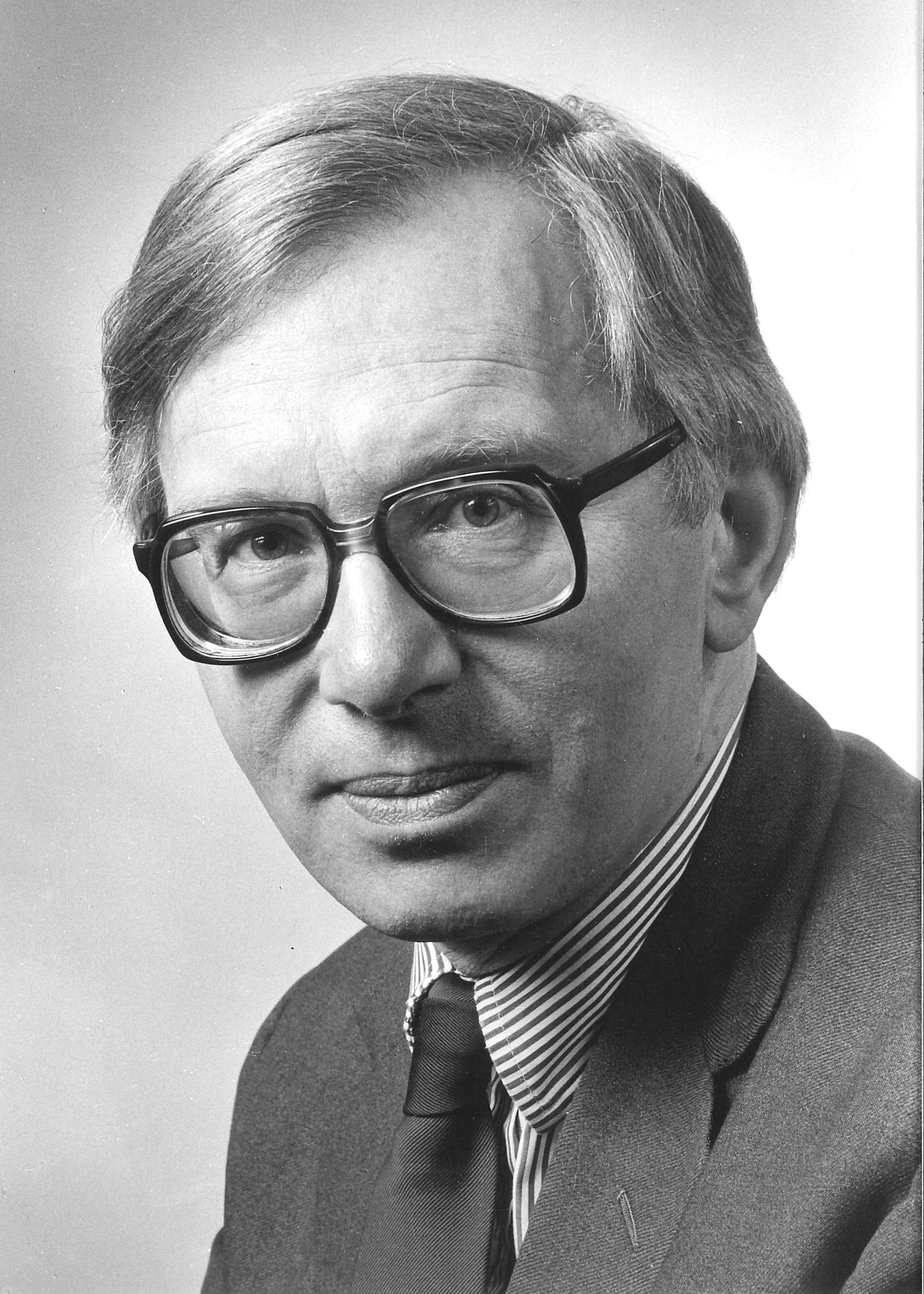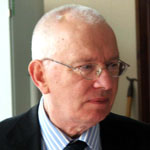Stephen Cretney (1936-2019)
Associated people
Stephen Cretney was an extraordinary academic and a remarkable man.

In terms of his academic contribution he is in many ways the “father” of modern English Family Law. When he started his career family law was hardly acknowledged as a subject worthy of study, certainly not as a subject worthy of the study of someone of Stephen’s calibre. His magnificent textbook Principles of Family Law, now in its 8th edition, was first published in 1974 and put family law on the undergraduate table. It immediately established him as one of the country’s leading family lawyers. A large part of his career was dedicated to developing family law as a legitimate academic discipline. He was thrilled that family law became and remains one of the popular options for undergraduate law students.
Stephen was ideally well suited to promoting family law. He was to his bones an academic, keen to explore the complex, the arcane and he revelled on uncovering details no one else would bother to find out. No one could read one of Stephen’s books or articles and conclude that family law was simple, soft or “not really law”. But he was also to his bones a family man. His writing witnesses his love of people, family and children. He was a profoundly humane man.
He loved the messiness and complexities of human beings, but never in a prurient or judgmental way. This made his writing enormous fun, especially his infamous footnotes which would explore the idiosyncrasies of the cases he was talking about and put flesh on the bones of the characters. His sense of fun was also, I expect, provoked when he became somewhat of a media celebrity for a short time after raising questions about the legality of the marriage of Prince Charles and Camilla Parker Bowles.
He could certainly find a witty and cutting remark which could quickly conclude an argument. In 1996 the Government proposed that divorcing couples should have their divorce delayed by six months for a ‘period of reflection and consideration’ about whether divorce was appropriate. It was quickly dropped. Stephen’s devastating comment that the period of time was unlikely to be used for reflecting and considering but rather more likey be used for the ‘far more pleasurable activity of conceiving – necessarily illegitimate – babies’ ( Cretney, S. 1996. Divorce reform: humbug or hypocrisy?”. In Divorce: where next?, Edited by: Freeman, M. 39–46. Aldershot: Dartmouth. at p. 139) must have played some role in its demise.
His bibliography is astonishingly long and hugely varied. Simple Quarrels (with G. Davis, OUP, 1994 ); Law, Law Reform and the Family (OUP, 1998); Family Law in the Twentieth Century (OUP, 2005); Same Sex Relationships: from ‘Odious Crime’ to ‘Gay Marriage’ (OUP, 2006) are some of his greatest books, but he provided a rich treasure trove of articles, chapters and case notes (a form he excelled in)

Stephen wrote passionately and insightfully about law reform. Recent political events reminded me of something Stephen once wrote about attempts to reform the law:
‘almost every piece of “family” legislation … in the past century has actually worked out in a way radically different from the policy presented to the legislature as justifying the legislation in question, and has often had results quite different from those which the initiators intended’ (Cretney, S. 2000. Memorandum to seminar ‘Trends in cohabitation, demography, law and policy, Wolfson College, Oxford)
A message of considerable importance for all lawyers.
It would be wrong, however, to limit his achievements to academic ones. Anyone who met Stephen would have been struck by his modesty and his gentleness. I remember having dinner with him very early in my career and discussing some ideas for an article. No doubt, they were points Stephen had already thought of, but he was unfailingly kind and supportive. Gently nudging me towards a more productive line of thought, he was encouraging and stimulating. There are countless careers which have been supported by Stephen’s kind support. And countless students who were inspired by his teaching. I was one. I recall too his lectures: despite a deadpan delivery, they were hilarious. He clearly enjoyed it when we got his jokes. I fear too many passed us by, but when we did get them he looked up with a twinkle in his eye and a cheeky grin. That is how I will remember him best.
Jonathan Herring


